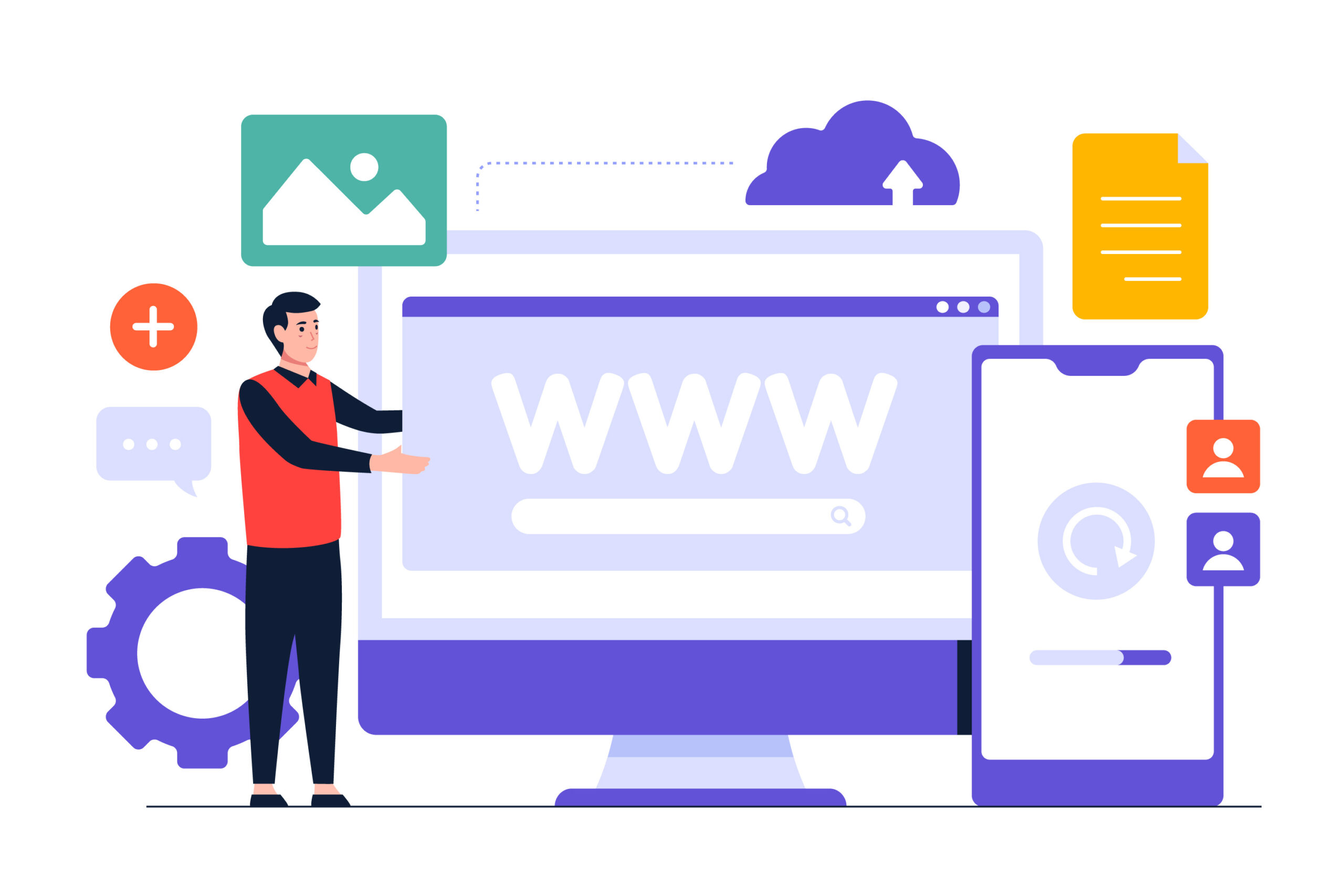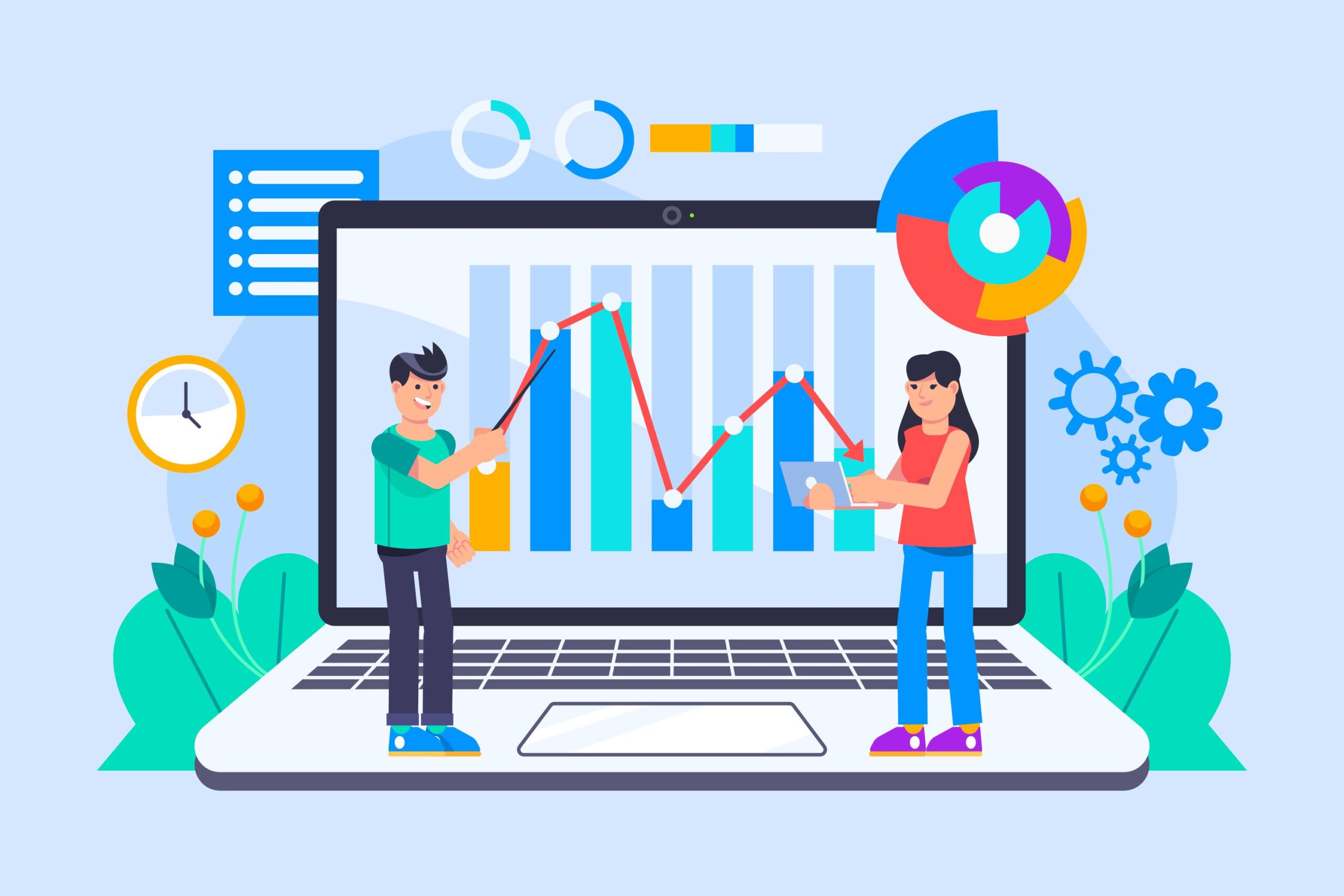The Growing Importance of Paid Search
In today’s digital landscape, standing out among the competition is more challenging than ever. With consumers constantly bombarded by information online, businesses need effective strategies to capture attention and drive conversions. Paid search, often referred to as Pay-Per-Click (PPC) advertising, has emerged as a powerful tool for businesses looking to enhance their online visibility. Platforms like Google Ads allow companies to position themselves directly in front of potential customers at the exact moment they are searching for related products or services. It’s no surprise that, according to State of PPC, 64% of businesses plan to increase their PPC budget in the coming year. But what makes PPC so indispensable?
Key Benefits of Paid Search Advertising
PPC advertising offers a range of benefits that make it an attractive option for businesses of all sizes. Here’s a closer look at some of the most compelling advantages:
1. Immediate Visibility
Unlike organic search engine optimization (SEO), which can take months to show results, PPC provides immediate visibility. As soon as your campaign is live, your ads can start appearing in search results. This is crucial for businesses looking to quickly drive traffic to their website, especially during peak seasons or for time-sensitive promotions.
2. Targeted Reach
PPC allows for precise targeting, enabling businesses to reach their ideal customers based on keywords, location, demographics, and even time of day. This level of control ensures that your ads are seen by the people most likely to convert, maximizing the efficiency of your ad spend.
3. Measurable Results
One of the key strengths of PPC advertising is the ability to track and measure everything. From clicks and impressions to conversions and ROI, PPC platforms like Google Ads provide detailed analytics that help you understand the effectiveness of your campaigns and make data-driven decisions.
4. Budget Flexibility
PPC offers complete control over your advertising budget. You can set daily or monthly limits, adjust bids on the fly, and pause campaigns if needed. This flexibility makes it possible to start small and scale up as you see positive results.
5. Enhanced Brand Awareness
Even if users don’t click on your ads, seeing your brand name repeatedly in search results can enhance brand awareness. Over time, this visibility can build recognition and trust, making consumers more likely to choose your brand in the future.
ROI of Paid Search Campaigns
When managed effectively, PPC campaigns can deliver a high return on investment (ROI). The ability to directly measure the impact of your ad spend on sales and other key performance indicators (KPIs) means that PPC is often one of the most cost-effective forms of advertising.
1. Conversion Tracking
With tools like Google Ads Conversion Tracking, businesses can see exactly which ads and keywords are driving sales, leads, or other desired actions. This data allows you to refine your campaigns, focusing your budget on the highest-performing elements.
2. Cost-Per-Click (CPC) Efficiency
By carefully selecting keywords and adjusting bids, businesses can control their Cost-Per-Click, ensuring that they get the most value out of their ad spend. In competitive industries, even small adjustments can lead to significant savings and improved ROI.
3. Long-Term Gains
While the immediate impact of PPC is a major draw, the long-term benefits shouldn’t be overlooked. Effective PPC campaigns can provide valuable insights into customer behavior and preferences, informing broader marketing strategies and contributing to sustained business growth.
Strategies for Effective Paid Search Management
To maximize the effectiveness of your PPC campaigns, it’s important to implement the right strategies. Here are some best practices for managing paid search effectively:
1. Keyword Research and Selection
Successful PPC campaigns start with thorough keyword research. Use tools like Google Keyword Planner to identify high-intent keywords that are relevant to your business. Focus on a mix of broad, exact, and long-tail keywords to capture different types of search queries.
2. Ad Copy Optimization
Your ad copy needs to be compelling and relevant to the user’s search intent. Include strong calls to action (CTAs), highlight unique selling points (USPs), and ensure that your copy is aligned with the keywords you’re targeting.
3. Landing Page Alignment
To maximize conversions, your landing pages should be closely aligned with your ad copy and keywords. Ensure that the landing page delivers on the promise made in the ad, with clear and easy-to-follow calls to action.
4. Regular Monitoring and Optimization
PPC campaigns require ongoing management. Regularly review your campaign performance, adjusting bids, refining keywords, and testing different ad copies. Use A/B testing to identify the most effective elements of your campaign.
5. Utilizing Negative Keywords
Negative keywords help prevent your ads from showing up in irrelevant searches, which can save you money and improve your CTR. For example, if you’re selling high-end products, you might want to exclude keywords like “cheap” or “discount.”
6. Geo-Targeting
For businesses with a local focus, geo-targeting can be incredibly effective. By limiting your ads to specific locations, you ensure that your ad spend is focused on the most relevant audiences.
Future Trends in Paid Search Advertising
As digital marketing continues to evolve, so too does the landscape of paid search advertising. Here are some trends to watch:
1. Automation and AI
Automation and AI are playing an increasingly important role in PPC management. Google Ads, for instance, offers Smart Bidding strategies that use machine learning to optimize bids in real-time. These technologies can help businesses achieve better results with less manual effort.
2. Voice Search Optimization
With the rise of voice-activated devices, optimizing PPC campaigns for voice search is becoming more important. This includes targeting longer, conversational keywords and ensuring that your content is structured to answer common questions.
3. Enhanced Audience Targeting
Audience targeting is becoming more sophisticated, allowing businesses to target users based on their behavior, interests, and past interactions with your brand. This level of personalization can significantly improve the effectiveness of your PPC campaigns.
4. Cross-Platform Advertising
As consumers use multiple devices and platforms, cross-platform advertising is becoming essential. Integrating your PPC campaigns across Google Ads, social media, and other platforms ensures consistent messaging and maximizes your reach.
Conclusion: Why Investing in Paid Search Is Crucial for Growth
In an increasingly competitive digital marketplace, paid search advertising offers businesses a powerful way to enhance visibility, drive traffic, and boost conversions. The ability to precisely target your ideal customers, combined with the flexibility and measurability of PPC, makes it an indispensable tool in your marketing arsenal.
As the data from State of PPC suggests, the majority of businesses recognize the value of PPC, with 64% planning to increase their budget in the coming year. Whether you’re a small business looking to grow or a large enterprise aiming to maintain your market dominance, investing in paid search is crucial for achieving sustainable growth.
By implementing the right strategies and staying ahead of emerging trends, you can harness the full potential of PPC to drive your business forward.
FAQs
PPC, or Pay-Per-Click advertising, is a digital marketing model where advertisers pay a fee each time their ad is clicked. It allows businesses to bid for ad placement in search engine results, driving traffic to their websites.
Negative keywords prevent your ads from appearing in irrelevant searches, helping you save money and improve your campaign’s click-through rate by ensuring that your ads are only shown to the most relevant audience.
Keep an eye on trends like automation and AI, voice search optimization, enhanced audience targeting, and cross-platform advertising to stay competitive and maximize the effectiveness of your PPC campaigns.
PPC improves ROI by targeting high-intent customers who are more likely to convert, providing measurable results, and allowing for budget control and optimization based on performance.
Use tools like Google Keyword Planner to research relevant keywords that have high search volume and align with your business goals. Focus on a mix of broad, exact, and long-tail keywords for a balanced approach.





